Losing a parent is a profound and life-altering experience that can evoke intense feelings of grief, sadness and loneliness.
Whatever your relationship with your parents, from amazing love, friendship, loved, abandoned, estranged there will be still be grief.
Each individual’s journey through grief is unique, but understanding the process and having coping strategies can provide support during this difficult time.
In this blog, we will explore the nature of grief, the reasons behind our emotional reactions to losing a parent and provide practical suggestions for coping with this loss. By embracing the healing process, we can learn to honour the memory of our loved ones while gradually finding solace and resilience.
Understanding Grief
Grief is a natural and complex emotional response to losing someone we love. It can manifest in various ways.
There are five stages of grief.
Elisabeth Kübler-Ross, a renowned Swiss-American psychiatrist, introduced the concept of the five stages of grief in her groundbreaking 1969 publication “On Death and Dying.” These stages represent a complex emotional journey that one often embarks upon when confronted with the loss of a loved one.
1. In the initial stage of DENIAL, individuals grapple with the sudden and overwhelming impact of their loss, seeking refuge in disbelief as a psychological shield to soften the brutal shock. It can be challenging to fully accept the reality of their loss during this stage.
2. As the harsh reality of the loss begins to seep in, the second stage, ANGER often emerges. This stage can be characterised by an emotional outpouring of grief that manifests as anger towards oneself, the departed, loved ones, strangers, or even inanimate objects.
3. The third stage, BARGAINING, ushers in a phase of relentless introspection and hypothetical scenarios. It’s not uncommon for individuals to reflect on potential preventive measures, harbour regrets, or even attempt to negotiate with divine entities in a desperate bid to reverse the irreversible.
4. DEPRESSION the fourth stage, a period of deep sorrow and regret. Those grieving might find themselves engulfed by a profound sadness and uncertainty about their future without the departed. It’s crucial to understand that depression in the context of grief is not indicative of mental illness; it’s a natural response to a significant loss.
5. The final stage, ACCEPTANCE, signifies a gradual reconciliation with the reality of the loss. It’s not about reaching a state where the grief has entirely subsided or about “moving on” in the traditional sense. It’s about acknowledging the loss and beginning to learn how to coexist with it.
It’s essential to remember that these stages are not necessarily sequential or universal. They are not intended to provide a chronological roadmap for grief, but instead offer a conceptual framework for understanding the complex emotional process.
Each person’s journey through grief is unique and they may experience these stages in any order, even returning to certain stages more than once. Grief is an intensely personal experience and varies significantly from person to person.
Emotional reactions: Sadness, anger, guilt, disbelief, shock or even relief.
Physical symptoms: Fatigue, insomnia, appetite changes, headaches or stomach aches.
Cognitive effects: Difficulty concentrating, memory problems or confusion.
Behavioural changes: Social withdrawal, changes in daily routines or new interests.
These manifestations can vary in intensity and duration, with no set timeline for the grieving process.
Why We Grieve
Grief is a universal response to loss and serves several purposes.
Emotional processing: Grieving allows us to process and make sense of the complex emotions that arise from losing a parent.
Re–establishing connections: Grief helps us navigate our new reality without the physical presence of our parent.
Personal growth: Grieving can lead to personal growth and self-discovery, enabling us to develop new coping mechanisms and resilience.
Coping Strategies for Grieving the Losing a Parent
Seek support: Reach out to friends, family or join support groups to share your feelings, experiences and gain emotional support from those who understand your pain.
Honour your parent’s memory: Find ways to remember and celebrate your parent’s life, such as creating a memorial, writing a letter or engaging in activities they enjoyed.
Allow yourself to grieve: Give yourself permission to experience grief without judgment or expectations. Grieving is a personal process and there is no “right” way to cope with losing a parent.
Practice self-care: Prioritise physical, emotional and mental self-care during this challenging time. Maintain a healthy diet, exercise, get adequate sleep and engage in relaxing activities.
Consider professional help: If you find yourself struggling with grief, consider seeking the help of a mental health professional, such as a therapist or counsellor specialising in grief and loss.
Are you looking for help from a professional grief counsellor? Get in touch with Donna Morgan today.
Frequently Asked Questions
How long does it take to grieve losing a parent?
Grief is a highly individualised process with no set timeline. The intensity and duration of grief vary from person to person and can be influenced by factors such as the nature of the relationship, personal coping mechanisms and support systems.
Is it normal to feel guilty after losing a parent?
Guilt is a common emotion experienced during the grieving process, often stemming from unresolved issues, regrets or perceived shortcomings in the relationship with the deceased parent. Acknowledging and processing these feelings can help alleviate guilt and foster healing.
Can grief cause physical symptoms?
Yes, grief can manifest as physical symptoms, including fatigue, insomnia, appetite changes, headaches and gastrointestinal issues. It’s important to monitor and address these symptoms to support overall well-being during the grieving process.
What is the difference between grief and depression?
While grief and depression can share similar symptoms, grief is a natural emotional response to loss, whereas depression is a mental health disorder characterised by persistent feelings of sadness, hopelessness.
Most of all be kind to yourself, take time when you need it, ask for help, those around you dont know what you need, so tell them, they will want to help.


